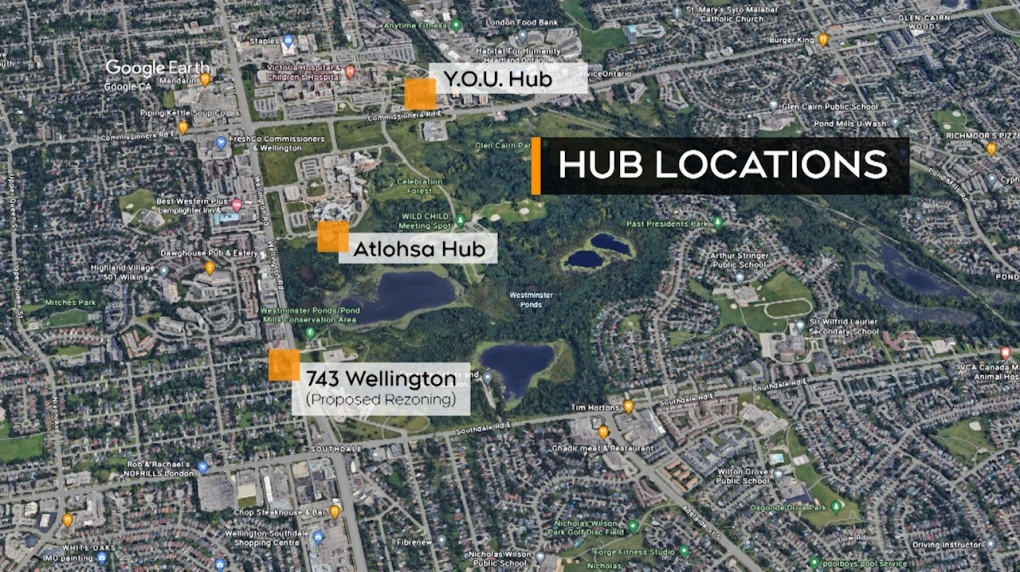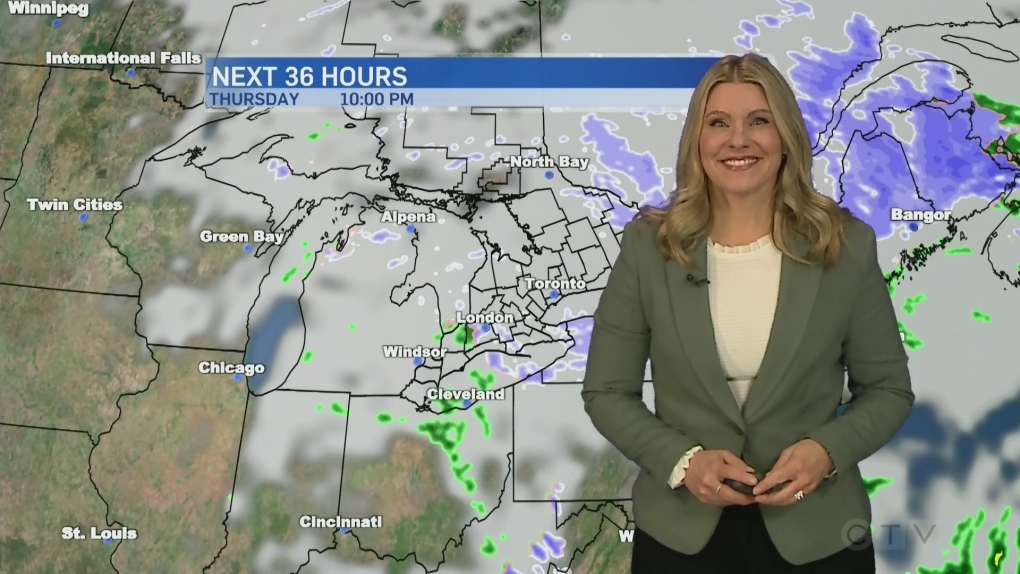A brand new evaluation of the private rental sector suggests it was decreasing in measurement for some years earlier than the pandemic.
Nationwide’s specialist purchase to let lender the Mortgage Works says the share of households in the sector in England edged down for the third yr in a row in 2020, to 18.7 per cent from 19.3 per cent in 2019 and 20.3 per cent in 2017.
The variety of households in the PRS fell to 4.4m final yr from 4.7m in 2017.
The Mortgage Works says this represented a big shift after virtually 20 years of sturdy progress.
The proportion of English households in the private rental sector rose from 10 to twenty per cent between 2000 and 2017. The absolute variety of households in the PRS greater than doubled, from 2m to 4.4m over that interval – greater than twice the rise in the variety of proprietor occupiers.
Robert Gardner, chief economist at Nationwide, says: “The shift displays a mix of things. Increased regulation, political uncertainty and tax adjustments (together with the introduction of upper stamp obligation charges on the buy of further properties from 2016 and a phased discount to the tax deductibility of landlord bills from 2017) dampened investor demand in the PRS.
“There was a 12 per cent discount in the variety of rental properties owned outright between 2017 and 2020 and, whereas the quantity owned with a mortgage continued to extend, the charge of progress slowed from eight per cent in 2014/15 to 2 per cent per yr over the 2017-2020 interval.”
In phrases of Coronavirus – throughout which the market has seen seismic shifts in tenant demand with London and metropolis centre properties out of favour – Gardner says lockdown surveys by his agency confirmed that the pandemic had prompted 29 per cent to maneuver or take into account shifting house.
He provides: “ONS information means that annual rental progress in the private rental sector in most elements of England outdoors of London remained broadly secure final yr, at round 1.8 per cent.
“Rental progress in the capital was weaker than in the remainder of England, as has been the case since 2017, although that was after a protracted interval of outperformance.
“Taking a longer-term perspective, outdoors of London, rental progress was subdued for a protracted interval, operating beneath the charge of inflation for a lot of the previous 15 years.
“Nevertheless, this doesn’t essentially imply that affordability has improved considerably for a lot of, since incomes additionally fell in actual phrases for a variety of years after the monetary disaster.
“Indeed, survey information means that UK households proceed to spend extra on housing prices than many different developed economies together with these in the private rental sector.
“For instance, Eurostat information signifies that 38 per cent of households in the UK private rented sector spent over 40 per cent of their disposable revenue on housing prices in 2019, in comparison with a median of 28 per cent of households throughout the EU and 18 per cent in Germany and France.”




